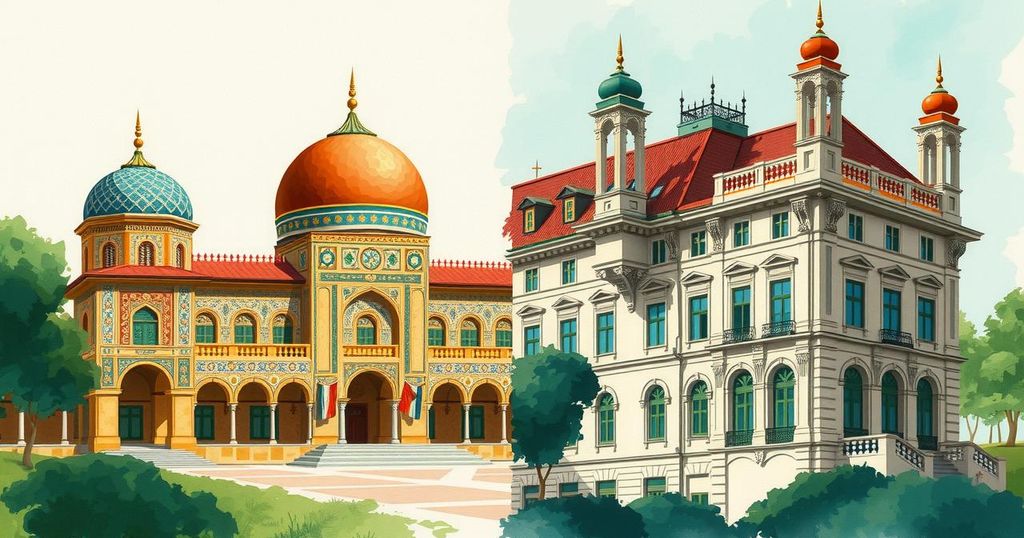Iran’s Deputy Foreign Minister, Majid Takht-Ravanchi, highlighted the significance of cultural cooperation in strengthening Iran-Austria relations. He made these comments during a conference at the University of Tehran. Takht-Ravanchi discussed historical ties, the contributions of Iranians in Austria, and the challenges posed by sanctions on cultural exchanges. He called for the removal of such sanctions to enhance mutual understanding and partnerships.
In a recent statement, Majid Takht-Ravanchi, the Deputy Foreign Minister for Political Affairs of Iran, emphasized that cultural cooperation is integral to enhancing relations between Iran and Austria. He conveyed that such partnerships act as a pivotal bridge, fostering deeper mutual understanding and strengthening connections between the people of both nations.
Takht-Ravanchi shared these insights following his attendance at a conference titled “The History of Cultural and Diplomatic Relations Between Iran and Austria,” hosted at the University of Tehran. This event gathered a diverse group of academics, diplomats, and cultural experts to explore both historical and current dimensions of the Iran-Austria relationship, particularly in education, research, and cultural exchange.
In his address, he underscored the longstanding cultural link between Iran and Austria, which extends beyond mere political and economic engagements. He noted the substantial contributions of the thousands of Iranians living in Austria—including professionals and students—in fostering cultural dialogue and enhancing mutual respect between the two nations.
Moreover, Takht-Ravanchi pointed out the challenges posed by unilateral sanctions from the United States and EU, which hinder cultural and academic collaboration. He condemned these measures as unjust, arguing that they significantly restrict opportunities for Iran’s participation in scientific, artistic, and educational exchanges, and urged for their immediate removal to facilitate broader partnerships.
He further elaborated on Iran’s proactive cultural diplomacy initiatives aimed at reinforcing ties with Austrian institutions. These initiatives encompass collaborations with academic bodies, engagement with cultural and Islamic centers, and partnerships with media associations. He acknowledged the crucial role of Iran’s cultural attaché offices in Austria in promoting Iranian culture, literature, and academic exchanges.
In summary, Majid Takht-Ravanchi’s remarks highlight cultural cooperation as the cornerstone of stronger Iran-Austria relations. By addressing the historical significance of cultural exchanges and the detrimental impact of sanctions, he advocates for enhanced diplomatic ties through education and mutual respect. His emphasis on proactive diplomatic efforts suggests a commitment to overcoming challenges in fostering deeper cultural dialogues between the two nations.
Original Source: www.tehrantimes.com






